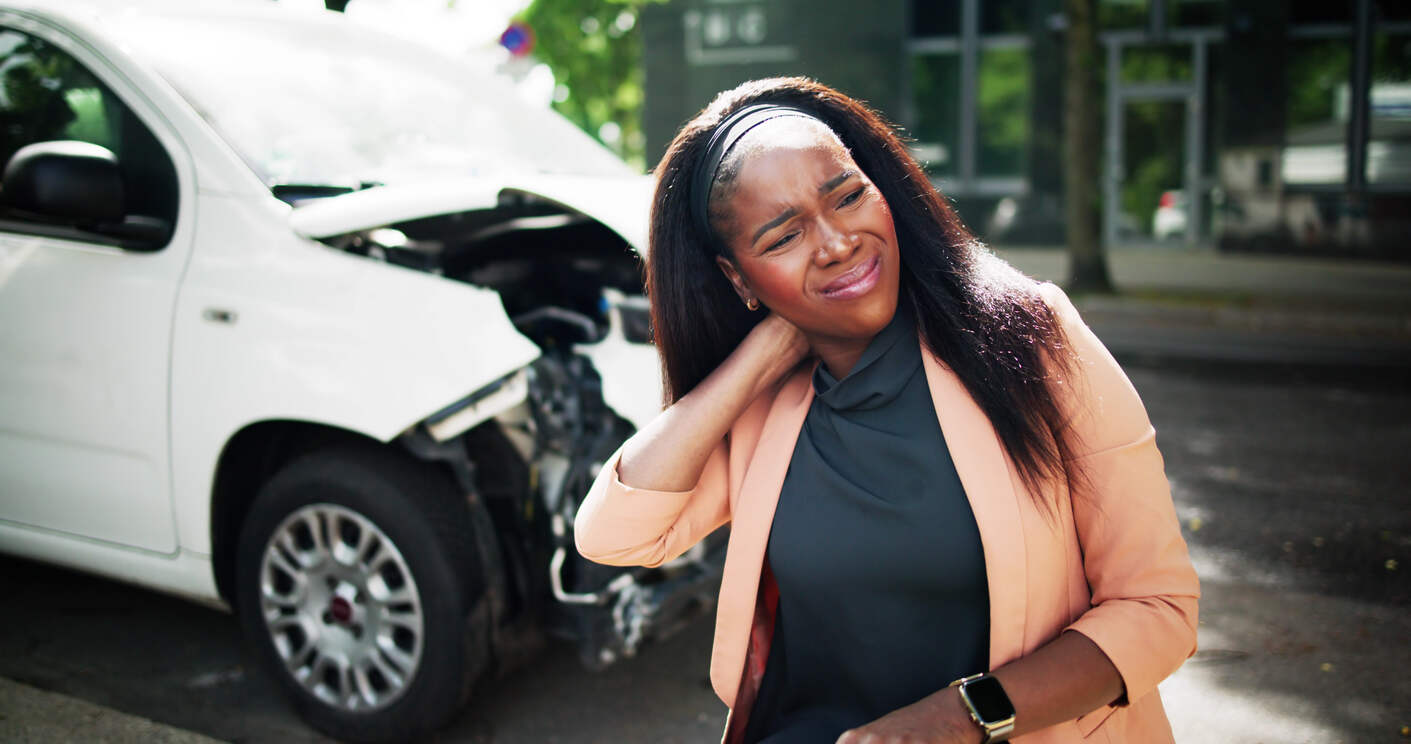Most people associate rideshare injuries with passengers using Uber or Lyft, but serious harm can also happen to those outside the vehicle. Pedestrians, cyclists, and other drivers may be affected by the actions of a rideshare driver, even when that driver is not actively transporting a fare. You may still have legal rights if you have been injured by a rideshare vehicle and were not a passenger. However, determining who is responsible and what insurance coverage applies can be more complex than a typical motor vehicle claim.
At Ashby Thelen Lowry, our Atlanta personal injury attorneys help individuals throughout Georgia navigate these challenging cases and fight for the compensation they deserve.
When Is a Rideshare Company Responsible for an Injury?
The key factor in determining liability often centers on the driver’s status during the incident. Rideshare companies like Uber and Lyft divide their insurance coverage based on what the driver did when someone was harmed.
There are generally three stages to consider:
- App off: The driver is not using the app and is considered off duty. Personal insurance typically applies.
- App on, no passenger: The driver is available for rides or en route to pick someone up. Uber or Lyft provides limited liability coverage.
- App on, passenger in vehicle: The driver is on an active trip. Full commercial coverage applies.
If you were injured by a rideshare driver while walking, biking, or driving another vehicle, your ability to recover compensation may depend on which stage the driver was in.

Injuries to Pedestrians and Bystanders
Pedestrians are particularly vulnerable to injuries caused by distracted or hurried rideshare drivers. These drivers often operate in unfamiliar areas while using the app to navigate or accept rides, creating conditions that lead to unsafe behavior. Bystanders may also be harmed in parking lots, loading zones, or while standing near curbs where rideshare pickups and drop-offs happen frequently.
In these situations, you may be able to file a claim against the driver, and in some cases, against Uber or Lyft. It is essential to gather as much information as possible at the scene, including witness statements, driver information, and photos of the area. That documentation can help build a stronger claim.
Challenges With Insurance and Coverage Limits
Insurance coverage can be complicated even when it is clear that a rideshare driver was at fault. Uber and Lyft may argue they are not fully responsible if the driver is not actively transporting a passenger. This often leads to disputes between personal auto insurers and the rideshare company over who should be responsible for payment.
These cases require an experienced legal team that understands how to investigate driver logs, retrieve app data, and challenge insurance denials. At Ashby Thelen Lowry, we work to uncover the details that matter and ensure our clients are not left paying the price for someone else’s negligence.
Let Us Help You Move Forward
If you were injured by an Uber or Lyft driver while walking, cycling, or driving your vehicle, you may still be entitled to compensation. Visit us at Ashby Thelen Lowry, call us at (404) 777-7771, or schedule online for a free consultation.
We will review your case, explain your options, and assist you in pursuing the results you deserve.
